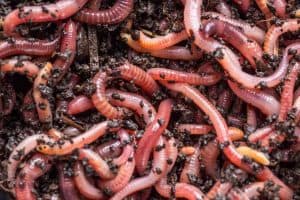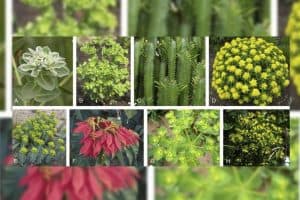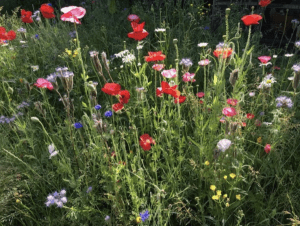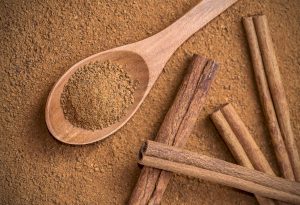Cathie’s Gardening School went on an outing to garden centres this week (at the time of writing) to try and unravel the confusion over potting composts. There are so many to choose from it’s no wonder people are confused. It seems crazy to buy a small bag of peat free compost when you can buy three for the same price containing peat. But what about the price of our planet?
What’s wrong with using peat??
At last I think this issue is getting through to the government, manufacturers and my students and clients. Peat is produced by the decomposition of bog plants. Our current use of peat is unsustainable as it ‘grows’ by 1cm in 10 years. The bogs where it ‘grows’ support a vast biodiversity of rare birds, butterflies, dragonflies as well as carpets of colourful mosses and cotton grasses, rare sedges, cuckooflower, marsh violet, sundews, common butterwort, marsh cinquefoil and marsh willowherb to name but a few. It takes minutes to mine it and bag it up for sale.
Peat bogs are the biggest carbon store on land and when we take it to our gardens carbon emissions are released and habitats damaged.
So why are we still using it?
We currently use three billion litres of peat every year in our gardens because it’s cheap and because it’s available and it delivers superb results for plant growth. Some people even use it on their flower beds because it looks nice! Things have to change!
When we plant a plant in the garden we expect it to last a while but would it surprise you to learn that there are no nutrients in peat? All the peat based composts only have enough nutrients in them to last a month and this is from added fertilisers.
The alternatives
I have been looking for peat alternatives that actually promote healthy plant growth for many years. We have literally a mountain of worthless sheep fleeces filling warehouses and barns all over the country and bracken growing like a weed throughout our parks, gardens and heaths. Wool absorbs water and it’s decomposition releases nitrogen. Bracken is naturally high in slow release potash which actively encourages flowering, fruiting and hardiness over a long period of time. Dalefoot make a product using both these ingredients meaning less watering is needed and no feeding for at least one to two years. There are also other peat free composts available made from wood, coir and composted green waste.
So….what are you waiting for?
Now you have a better understanding of these products why not take a trip to your local garden centre to see what is on offer? Never use multi-purpose compost on your garden. Instead choose horse manure or even better garden compost you have made yourself. Never use peat based composts for potting. Choose peat free and let us all try and heal our planet.
Cathie’s Gardening School Services
Consultancies and mentoring sessions are in full swing so if you would like some help and advice in your own garden let me know. CGS is running the plant identification and classification module from September so come and meet me, see the garden and join in!




